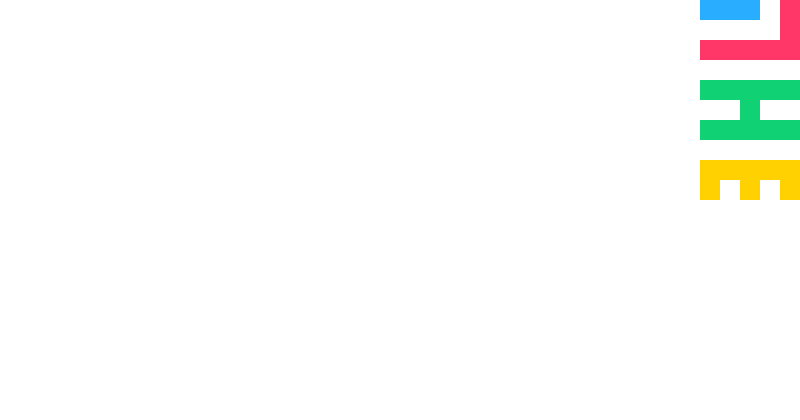Minifeed
Minifeed is a new aggregator from Rakhim that pulls updates from the small web into a personalized reader. It’s a cool idea—and one I’ve kind of kicked around before. That said, there are a few things about it that I think could be better and some challenges it might have as it grows.
Minifeed, like other indie web tools, is human-curated. This is awesome in theory but not so much in practice if the goal is to grow. Approving sites manually might work when there’s only a handful coming in each day, but as the service takes off (and I hope it does), that backlog is only going to grow. Having just one or two people handling submissions isn’t going to cut it long-term. Maybe some form of automation could help, letting an AI handle the easy stuff while flagging more complex submissions for human review?
The submission rules also caught my attention, especially #5:
“Must not be purely a ‘micro-blog,’ i.e., must have some content other than tweet-sized status updates or links.”
This feels unnecessarily restrictive. Why not just let users filter by content type if they only want longer posts? Platforms like Mastodon have shown that even short, "micro-blog" updates are important and I think they deserve to be featured too. What’s more confusing is that, while browsing Minifeed, I saw updates that fell into this category, so I’m not sure how it’s being enforced.
Another thing, and this isn’t just a Minifeed problem, is that the indie web has its fair share of “test” posts—stuff like experiments or throwaway updates that don’t really go anywhere or get deleted later. While browsing Minifeed, I came across a few of these. It’d be great if there were some kind of rule discouraging those kinds of posts—or even better, a way for curators to filter it out automatically.
Overall, Minifeed looks like it has potential. I’m definitely going to keep my eye on it. Tools like this, especially if they nail the right features and get good adoption, could really take the indie web to the next level.
The indie web has a user experience problem
So much of the existing infrastructure and tools of the indie web have been built without the input of people dedicated to crafting an experience for a broader range of users. I won’t call out specific services, products, or people; I mean no disrespect, but it’s clear that so many of the available tools are made by developers, for developers.
Suppose people want the independent web to take off and achieve anything close to mass adoption. In that case, more consideration must be given to how non-developers can get started.
The indie web needs a search engine
Follow me on a journey. This post is essentially a brain dump, but there’s a point and an idea somewhere, I think.
This whole thing started with a post by Cassidy Williams.
She talks about how everyone metaphorically disappeared from the Internet after “social media™.” Personal blogs and websites became harder to come by, and human curation was replaced by algorithms and this “For You” page nonsense.
When I say “I don’t know where everyone went,” I know everyone’s out there surfing the web, of course, but it feels like it’s a different place now. When the algorithms are determining everything we should be seeing, it’s a much less personal internet.
It’s a great read; please check it out.
It got me thinking and sharing this idea on Mastodon:
Can we just make a new indie web search engine that uses tags and requires people submit their own site to be a part of it? Literally just make a page with a search bar and type in whatever kind of blog/site you’re looking for. Ship it.
The replies came in, and they pointed to examples of this or variations of it. Matt Stein even shared a link to their list in an article.
Some of these archives are what I had initially imagined, but they’re overwhelming in many ways, too. Landing on a page of thumbnails, links, or tags isn’t the most user-friendly. There’s also no source of truth to all of it, no standout example for others to follow. It’s potentially hundreds (or thousands?) of sites spread across dozens of lists.
So, I return to my original question: could we not create a single engine that these sorts of websites could hook into with a focused, minimal, user-friendly design akin to early (functional) Google? Could it federate? What about ActivityPub? Is there a scalable way to retain human curation?
I don’t have answers to these questions. I hope that something like this will prompt a discussion about it. Chris McLeod shared a post of his along the same lines from a few years ago. We can’t be the only ones thinking of this, right?
Several people have pointed me toward searchmysite.net, which I had in mind. I ran a couple of searches and found some compelling sites already. I’m excited to dig into it more.
ActivityPub and the future of social media
After nearly two decades of fighting for this vision of the internet, the people who believed in federation feel like they’re finally going to win. The change they imagine still requires a lot of user education — and a lot of work to make this stuff work for users. But the fundamental shift, from platforms to protocols, appears to have momentum in a way it never has before.
It's been great to see so many people jumping into the fray to start or support projects built on AP. Let's hope it sticks.
